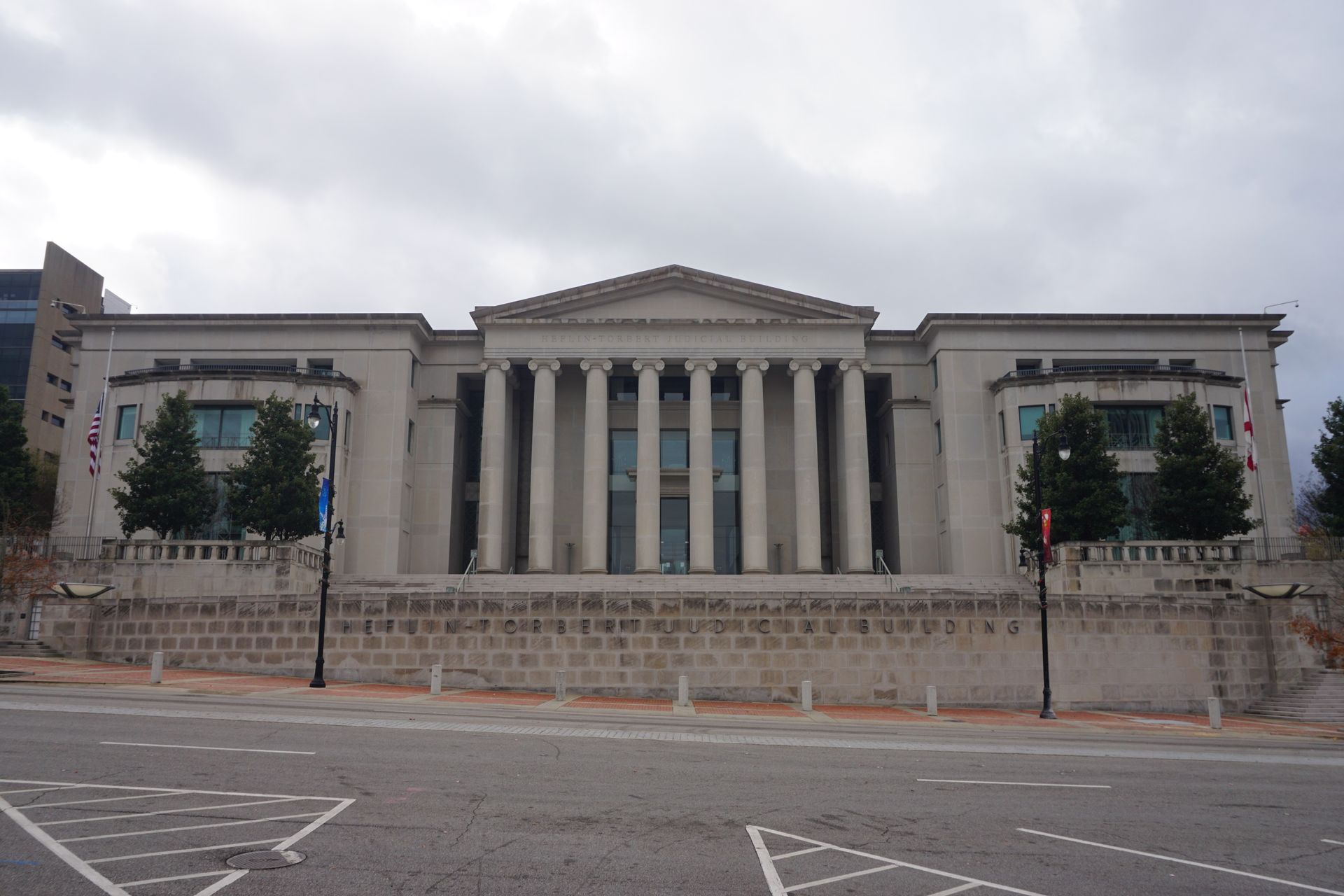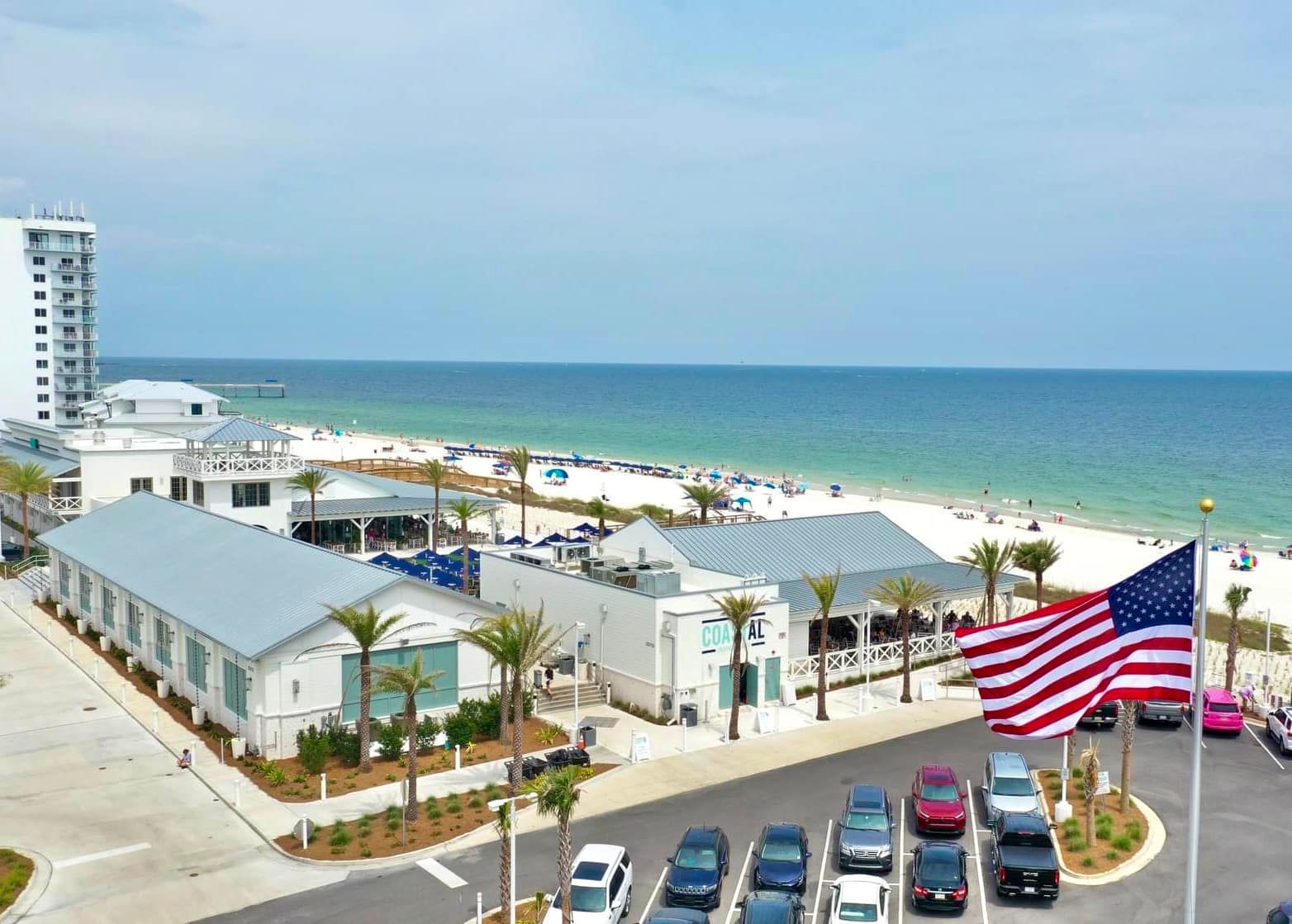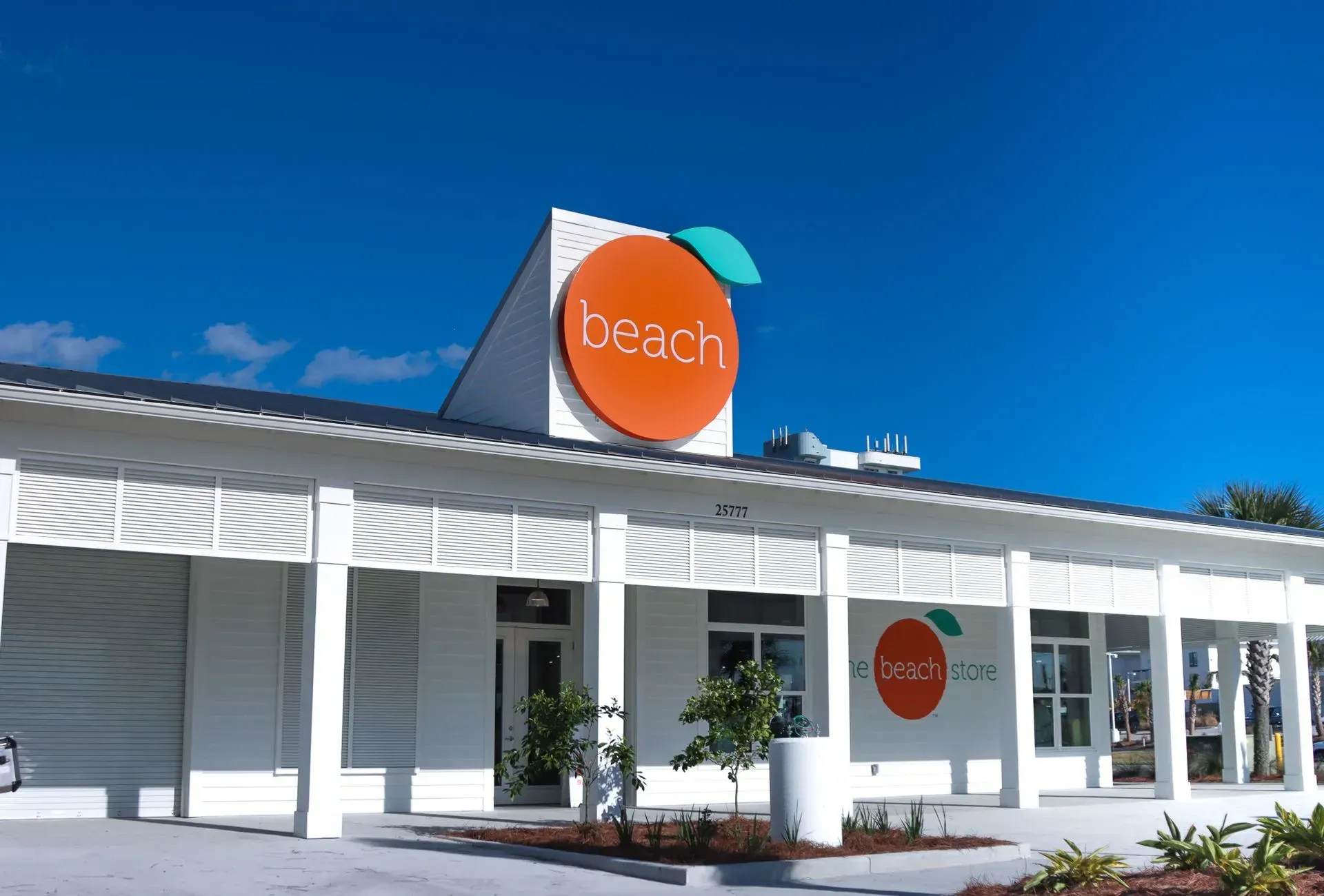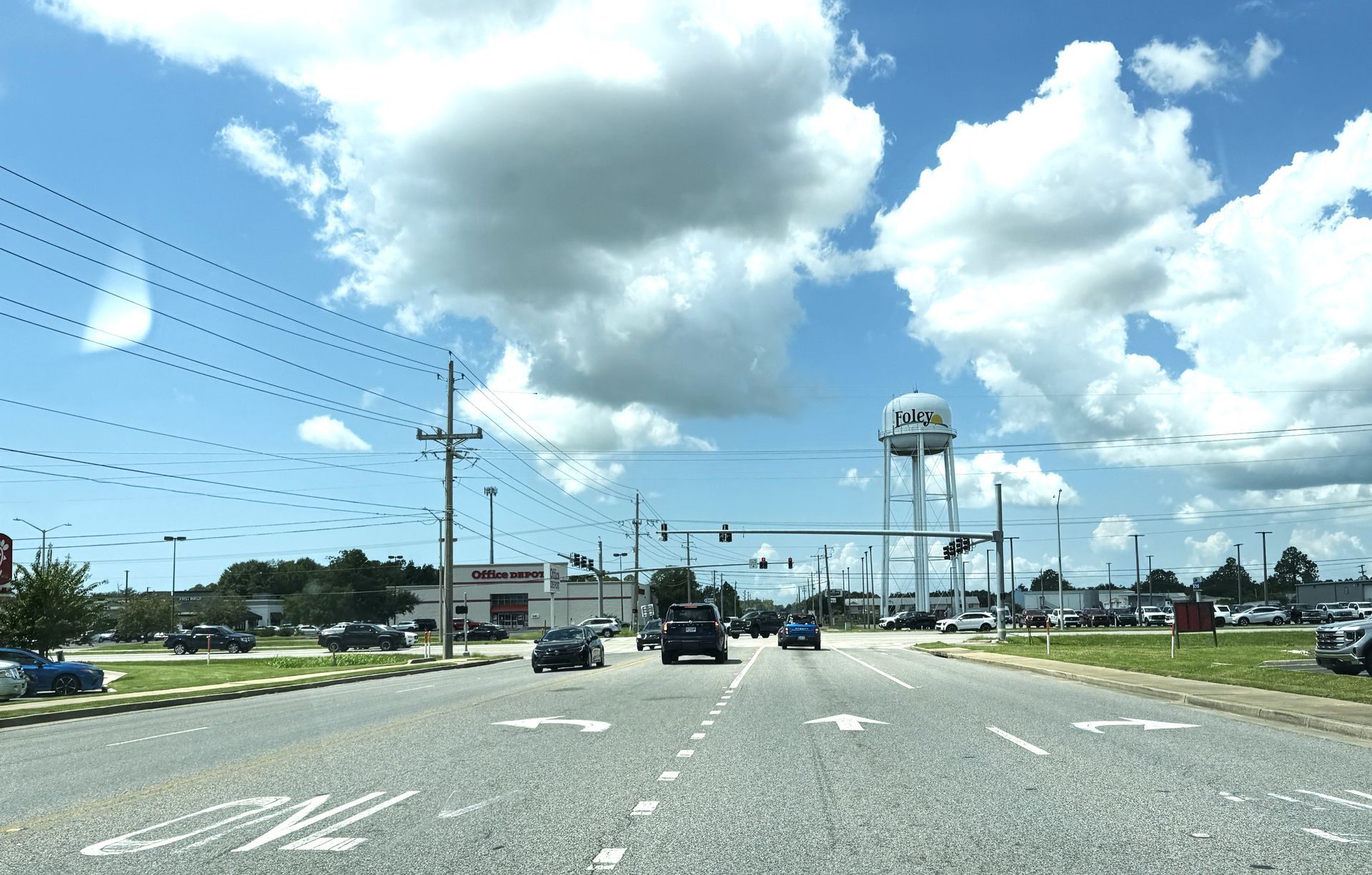City of Orange Beach Wins Appeal at Supreme Court
Justices rule trial court lacked authority to decide case after main issues resolved

Orange Beach, Ala. — (OBA) — The Alabama Supreme Court has ended a long-running legal battle between the City of Orange Beach and a property owner. The court ruled that no real legal dispute remained between the two sides. Justices said a lower court should never have issued a ruling in the case. The decision came down on October 24, 2025.
The case started back in 2015 when Ian Boles got a building permit from Orange Beach to construct homes on his property. The city required him to fill out a form with financial details about his subcontractors before inspectors would check his work. Boles refused to provide that information.
Without the completed form, the city would not conduct electrical and gas meter inspections. The city also would not issue a certificate of occupancy for the finished buildings. Boles then filed a lawsuit asking a judge to declare the city had no right to demand the subcontractor information.
Boles also wanted the court to order Orange Beach to inspect his property right away. Moreover, he asked for money damages because of delays caused by the inspection holdup. He claimed the city's refusal to inspect cost him millions of dollars.
During the court case, Orange Beach eventually completed the inspections without requiring Boles to submit the disputed form. Boles settled his claims against the city's building inspector. The remaining case against the city went to trial in Baldwin Circuit Court.
A jury sided with Boles on both his request for a declaration and his damage claims. The jury awarded him more than $3.5 million. Orange Beach appealed that decision to the state's highest court.
The Supreme Court ruled in 2023 that Boles could not collect damages from the city. The court said a legal protection called substantive immunity prevented the city from being sued for money. However, the justices did not address whether Boles was right about the subcontractor form requirement.
The case went back to the trial court. The judge entered a ruling in favor of Boles on his declaratory judgment claim but did not award any money. Orange Beach appealed again.
Justice Greg Shaw wrote the latest opinion for the Supreme Court. He explained that courts can only issue declaratory judgments when there is an actual ongoing legal dispute. The purpose is to settle uncertainty about legal rights between parties.
In this case, all the relief Boles originally wanted had already been granted or decided. The inspections were completed during the lawsuit. The damage claim was resolved when the Supreme Court said he could not collect money from the city.
Shaw wrote that no need remained for a court to declare whether Orange Beach's subcontractor form policy was right or wrong. That issue no longer affected the legal rights of either party. Without an active controversy, the trial court had no authority to enter any judgment.
The Supreme Court reversed the lower court's declaratory judgment. The justices sent the case back with instructions to dismiss it entirely. Eight justices agreed with the decision, while one justice agreed only with the final result.
The ruling means Boles will not receive a formal court declaration about whether Orange Beach had the right to require subcontractor financial information. He also will not collect the damages he originally sought. The case that began nearly a decade ago is now over.
Share this article w/ Friends...











